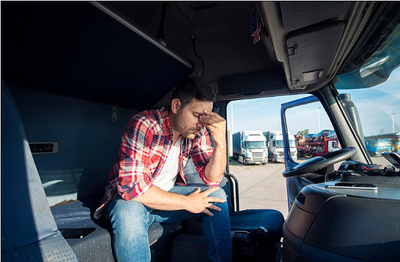Common Mistakes People Make After a Truck Accident
 |
Truck accidents often leave people overwhelmed and uncertain about next steps. Adrenaline and stress can lead to choices that harm your recovery, finances, or legal rights. Knowing the pitfalls helps protect your health and future.
When thinking about what to do after a truck accident, many people focus only on immediate concerns like medical attention or damage assessment. While those are vital, the broader picture includes preserving evidence, communicating wisely with insurers, and deciding whether professional legal help is needed. Early, informed actions can shape your case outcome and ease recovery.
Report the Accident Formally
A common mistake is skipping the police or an official report because injuries seem minor or damage looks manageable. This can backfire. A police report is a neutral, legally recognized record and shields you from shifting stories. Trucking companies and their insurers have strong legal teams; without an official report, your perspective may be marginalized. Formal reporting (police on-site, written report) creates credibility and accountability that exchanging information alone cannot.
Be Cautious with Insurers Early
Insurers often call quickly. Giving a recorded statement too soon is costly: you may not yet grasp the full extent of injuries or damages, and your words can be used to reduce or deny your claim. Limit initial communication to basics (date, location, treatment underway) and decline recorded statements until you’ve consulted a lawyer.
Avoid Social Media Posts
Opposing parties monitor social media for inconsistencies. Even unrelated photos (e.g., smiling at a gathering) can be twisted to suggest your injuries are minor. Status updates can be compared against official statements. Best practice: post nothing about the accident, your health, or your activities until the case is resolved.
Don’t Grab the First Settlement
Fast offers are tempting amid medical bills and lost income. But first offers rarely cover long-term needs like ongoing care, rehab, or reduced earning capacity. Once you accept, the case is closed. Have a legal professional assess fair value.
Get Professional Guidance
Truck cases are complex (federal rules, layered insurance). A seasoned attorney manages communications, gathers evidence, and evaluates offers—helping you avoid compounding mistakes and protect both your recovery and your rights.


